High-schoolers worried about antisemitism, SATs are spending thousands to apply to as many colleges as possible
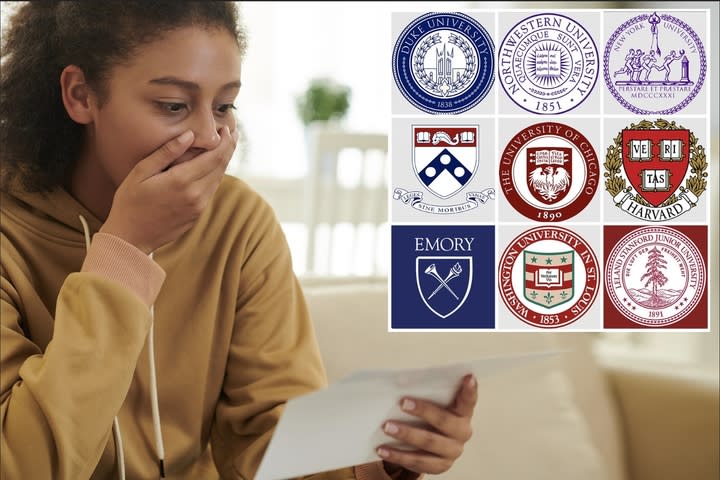
High schoolers are applying to a record-breaking number of colleges — frenzied by confusion over campus antisemitism, changing testing policies and the Supreme Court’s affirmative action ruling.
Before the pandemic, Christopher Rim’s average client would apply to 12 schools.
This application cycle, the college admissions consultant said, 90% of the students he works with are applying to 20 or more schools.
“It’s an unprecedented number,” he said.
“At some level, it’s becoming a lottery, and these kids just decide to cover all their bases. They’re just applying to as many schools as possible,” Rim, the CEO of Command Education, told The Post.
One student Rim advises is applying to more than 30 schools — and shelling out nearly $100 in application fees for each.
“Families are becoming aware of how competitive the process is getting, and they’re trying to maximize their chances,” Rim said.
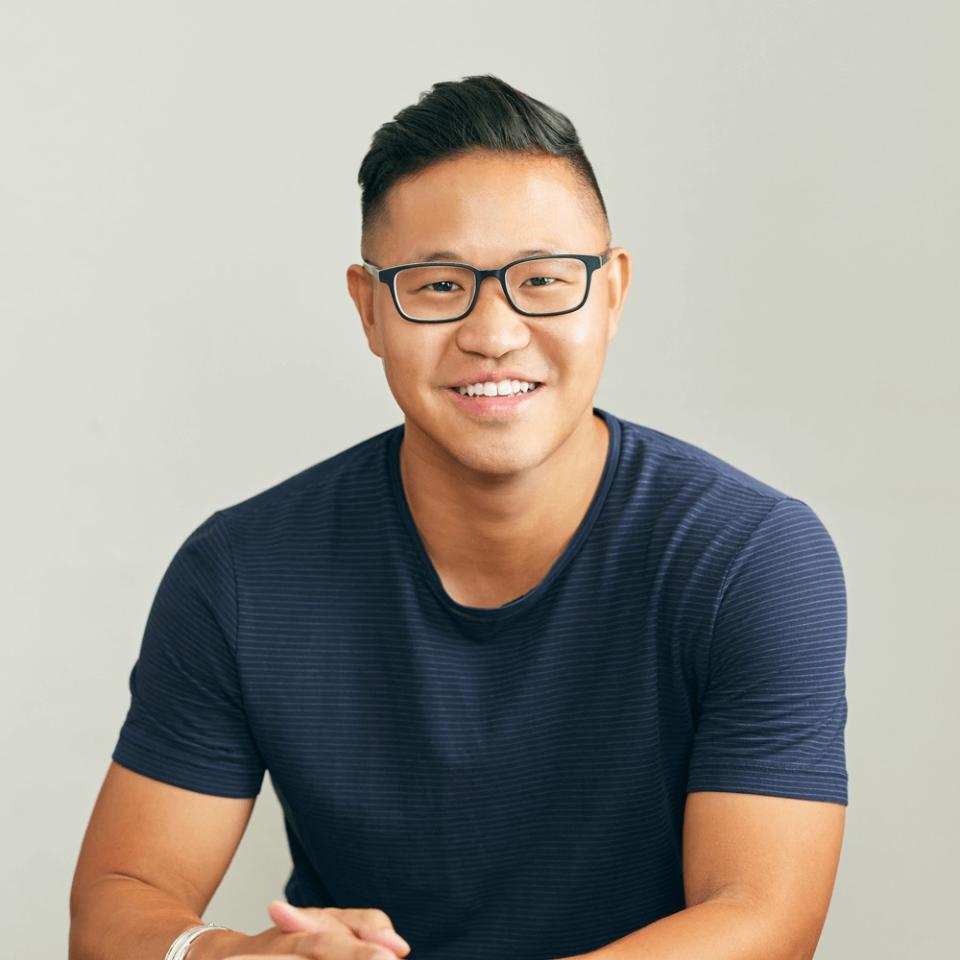
He added that clients who, in the past, would have been solely focused on the Ivy League, today are applying en masse to so-called “Ivy-plus” schools — elite institutions seen as second-tier to Yale, Harvard, Brown, etc.
Especially popular this year, Rim said, are NYU, Duke, Emory and Washington University in St. Louis.
“In the past I would have discouraged a student looking to apply to 20 schools because they’d be spreading themselves too thin and sacrificing the quality of their applications for quantity,” Rim said. “But in today’s application cycle, I actually kind of agree with this strategy.”
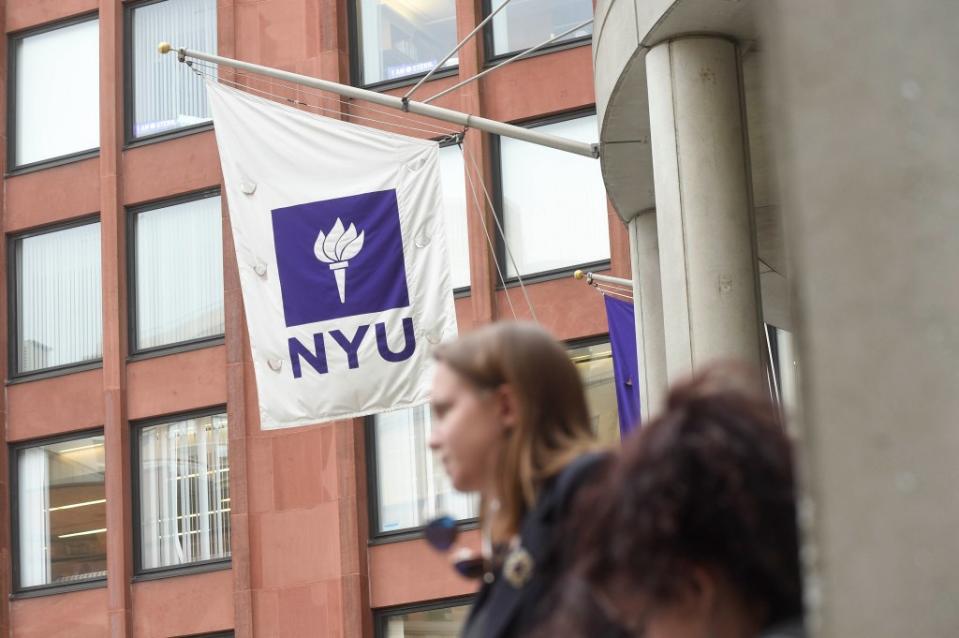
As applications soar, schools outside of the Ivy League are getting ultra-selective.
NYU, for instance, slashed its acceptance rate from 35% a decade ago to an eye-watering 8% today.
Meanwhile, Duke nearly cut its admissions rate in half, from 12% in 2017 to 7% last year.
“These types of schools now are just as difficult to get into and carry almost the same type of prestige as Ivies do,” Rim said. “Getting into Duke is just about as hard as getting into Harvard now.”
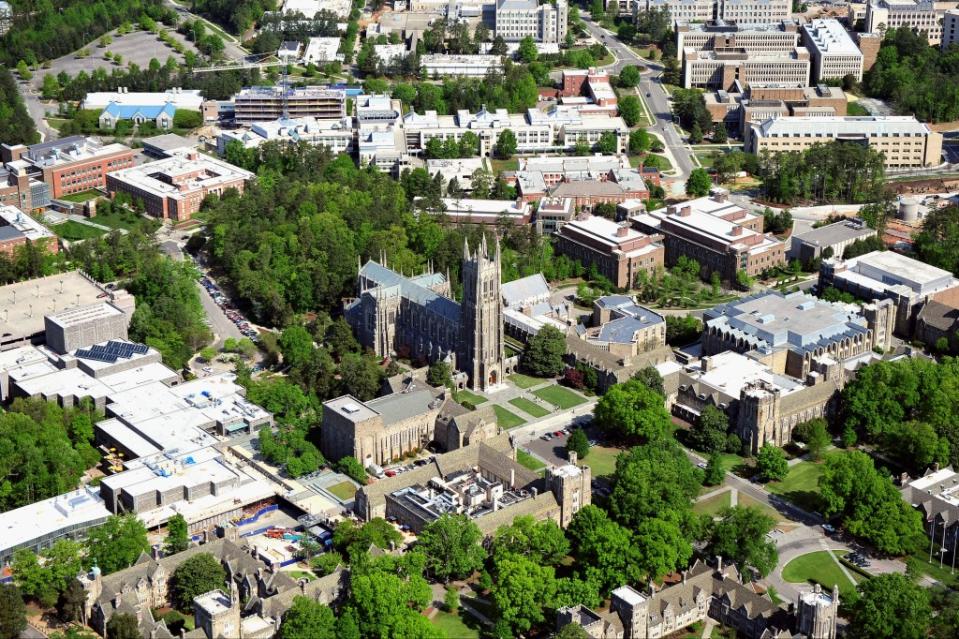
He’s even seeing some students turn down Ivy League acceptances to go to Ivy-plus schools instead.
One student client just got into Harvard via early action, but has asked Rim to advise him in applying to Duke during the regular application cycle, too.
“It used to be that, if you got into Harvard early, then you were just flat-out done with college applications,” Rim explained.
This student cited concerns about campus anti-Semitism as his motivation to apply elsewhere.
Rim says many of his Jewish clients are shunning schools like Harvard, the University of Pennsylvania and Cornell over similar concerns.
Harvard’s early applications sank by a shocking 17% following former university president Claudine Gay’s October 2023 controversial testimony on Capitol Hill about campus anti-Semitism.
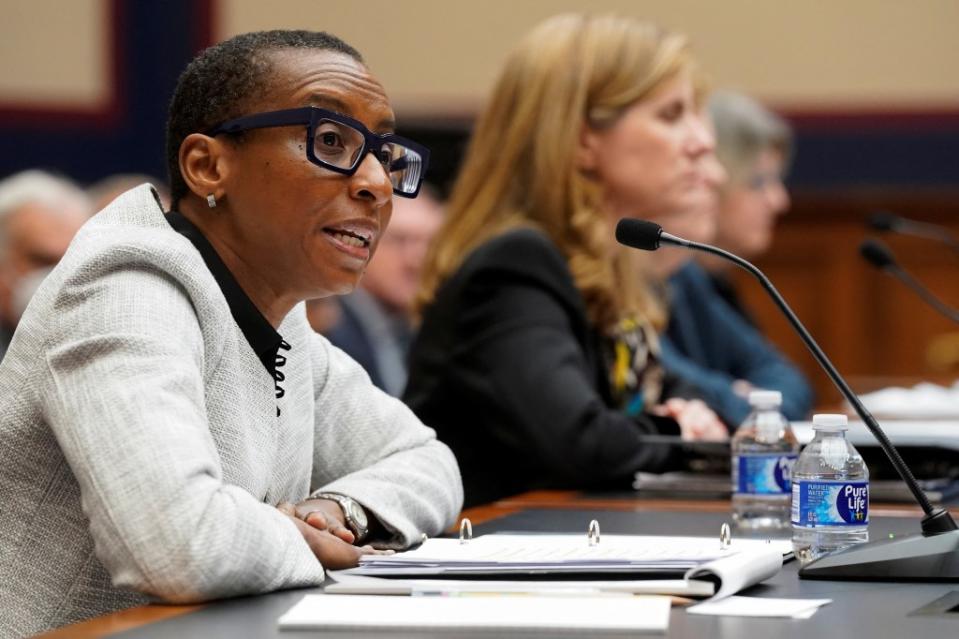
He says international applicants are clamoring for those spots.
“International students are more and more eager to apply to Harvard and Penn, because, as terrible as it is, antisemitism might not worry them as much,” Rim said.
Other recent events in the college admissions world — the Supreme Court striking down affirmative action and schools reinstating standardized testing requirements — have also made this application cycle especially chaotic.
Several elite schools, including Dartmouth and Yale, have recently reinstated standardized testing requirements after going test-optional since the pandemic, leaving students scrambling.
Rim said one of his clients expected to apply to Yale in this year’s early application cycle but did not take the SAT.
Now he’s panicking and scrambling to find backup schools that don’t require scores.
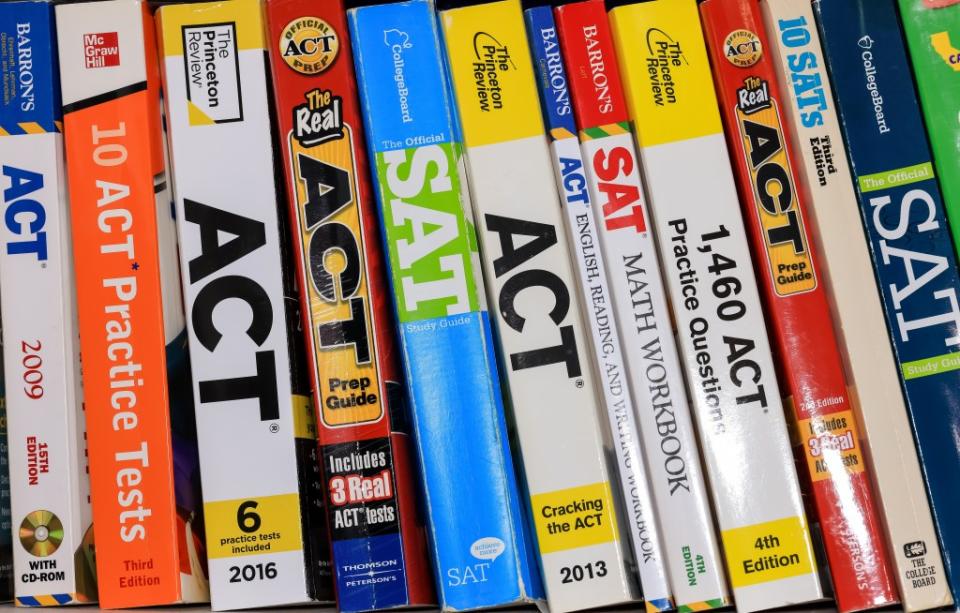
“There’s so much confusion because, who knows, maybe next week another Ivy or Stanford or whatever school will start requiring test scores again,” Rim said. “There’s a lot more stress in this cycle, and the testing updates are not helping at all.”
The Supreme Court’s June ruling that overturned affirmative action in college admissions has also left students unsure of how their odds have changed at ultra-selective schools, especially as colleges are reportedly using novel tactics to get around the court’s ruling without breaking the law.
“There’s a lot of confusion, especially with Asian American students, after the ruling,” Rim reported. “They just don’t know how it’s going to play out and affect their admissions prospects — and, frankly, until this admissions cycle is over, neither do we.”
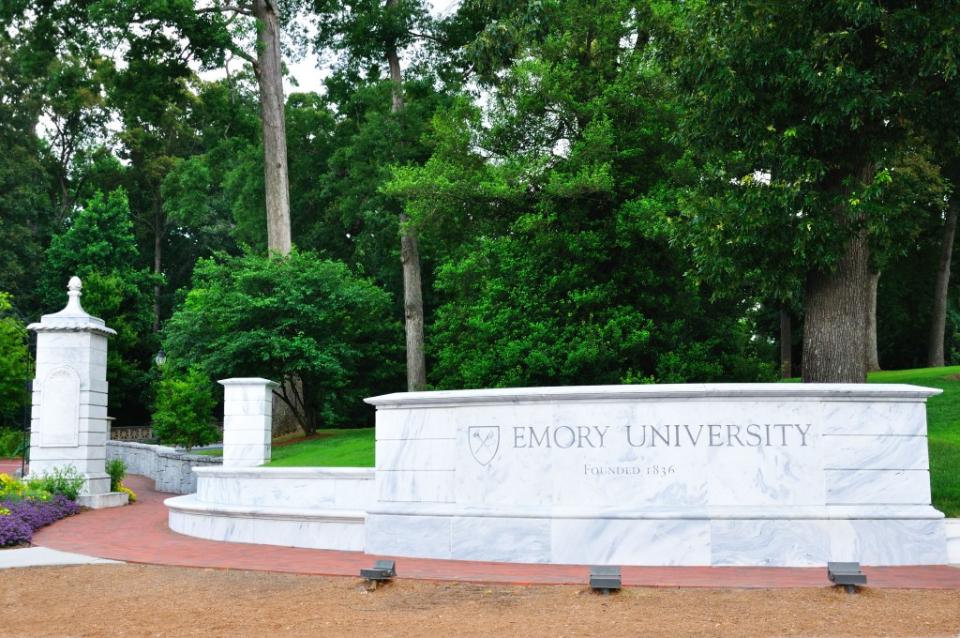
He says clients are under unprecedented stress: spread thin on their applications and left in the dark about how changes in the admissions world will impact them.
“At the end of the day, colleges are reveling in how much chaos there is,” Rim said. “They want to keep it confusing, because if people are hoping admission is attainable, the schools will get more applicants and then drive down their acceptance rates.
“The confusion is part of the allure. Being mysterious and opaque is how they maintain their prestige and reputation.”

